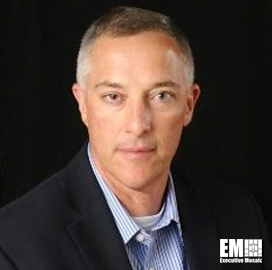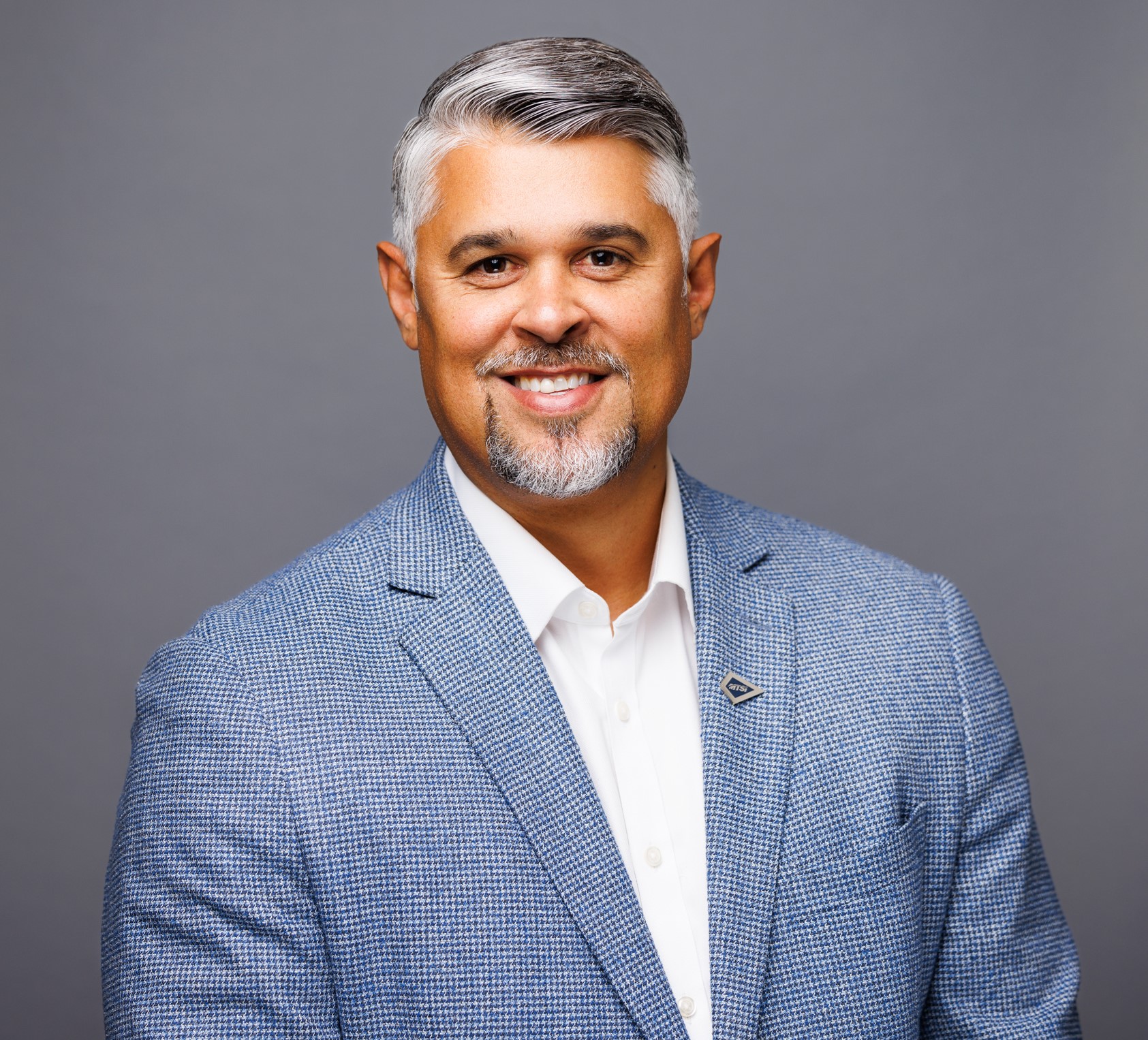
Peter Lierni
Principal
Solutioneering
Executive Spotlight: Peter Lierni, Principal at Solutioneering
Peter Lierni, principal at Solutioneering, recently spoke with the Potomac Officers Club about his core leadership strengths, the executives who have helped shape his career, the changes he would propose to federal processes and more. During his more than four years with Solutioneering, Lierni has focused on providing capture management, solution design and proposal development support services to firms that bid in the government market. Prior to joining Solutioneering, Lierni served for three years as industry director at Unisys.
Read below for Peter Lierni’s full POC spotlight interview.
When did you decide to pursue a career in the federal landscape and what were the key tasks that you wanted to complete? Any bigger goals you still want to accomplish?
I decided to pursue a career in the federal landscape after I left the Navy as a naval officer. One of my first jobs after the Navy was with a company that provided systems engineering services supporting Naval Sea Systems Command. My aim then, as now, was to deliver value to the government. Being a contractor in the federal market space was natural to me because it seemed just like a continuation of the service to our country that I provided while on active duty.
I believe that the government depends on industry to help it assure the security, prosperity and welfare of our country. It was then that I also became aware of the competitive nature of winning government contracts; this is how the government gets true value from industry. At that time, it became apparent to me that winning competitive government bids is not a transactional activity or just a process — critical thinking is required. My goal and passion for the balance of my professional career is to show companies throughout the federal market space just how to approach such thinking to deliver real, quantifiable benefit realization and risk mitigation to the government.
What do you believe are your core strengths as a leader and what lessons taught you the most about driving success?
Federal contracting is a people business. My core strength as a leader is that ‘my word is my commitment.’ When I promise someone that I am going to do something, I keep my word. Another core strength of mine as a leader is empathy. I put an emphasis on trying to understand where people are coming from when I interact with them and why they feel the way that they do. Ninety percent of what we do as leaders is communication, which is a two-way process. I believe that without empathy, effective communication is weakened.
In addition, when I was a naval officer, I worked for the executive officer (XO) on the Aegis Cruiser USS Vicksburg (CG- 69). Vicksburg’s XO was a remarkable individual and mentor who personally taught me a creed that I took with me throughout my professional career when I needed to make decisions dealing with people. First: is it the truth? Second: is it fair to all involved? Third: does it support the mission? All three answers must be ‘yes’ to make the right decision. This wisdom has been essential to helping me drive successful outcomes throughout my career.
Who are the executives that have inspired you the most over the course of your career?
Executives who have inspired me over the course of my career are the late Dr. Don Fitzpatrick, Tim Keenan, the late Dr. Stan Siegel, Scott Donaldson and Mark Forman.
Don Fitzpatrick founded High Performance Technologies, Incorporated (HPTi). He instilled in me that ‘we are in a thinking person’s business’ when it comes to winning competitive federal contracting (FedCon) pursuits. HPTi’s co-founder was Tim Keenan. His entrepreneurial talent took HPTi to a very successful acquisition ─ I developed under him both professionally and personally. He encouraged me to do what I do today in the FedCon market space with helping companies win competitive pursuits.
Stan Siegel and Scott Donaldson were executive-level industry veterans from SAIC who are recognized thought leaders and published authors in the areas of software development and enterprise cybersecurity. They were mentors to me, and from them, I learned how to measure value in the eyes of the customer and much more.
Mark Forman was the first person in the federal government to fulfill responsibilities normally associated with a corporate chief information officer. He is a global thought leader and sage in the area of digital government. He enabled me to successfully prove my thought leadership in helping companies win competitive pursuits in the FedCon market space in both the state and local and overseas market spaces.
What are the core values that you believe are essential to build a great team and establish a foundation to drive success in such a competitive industry?
Core values that are essential to building a great team and establishing a foundation to drive success in the competitive FedCon industry are integrity; mutual respect; investing in people; teamwork; and client commitment.
If you were given free reign to enact changes in the federal landscape, what are the first three changes you would implement and why?
Three things that I would implement in the federal landscape to enact change would be to:
- Cap the number of mergers and acquisitions (M&A) that a company in the FedCon market space can participate in over a certain number of years. While there are many positives from M&A to the government in the FedCon market space, there often is a negative not often discussed (i.e., disruption to government mission support). Whenever such activity occurs, there often is planned or unplanned loss of contractor staff with essential mission, operational, programmatic and technical context across all staffing levels. Too much M&A activity by a company within a short period of time adversely impacts the government’s cost, schedule and mission performance thresholds.
- Require that companies with awarded contracts show evidence of the delivery of innovation to the federal government that has resulted in real, quantifiable benefits realization or risk mitigation during the preceding five-year period. The government’s challenges are many and diverse. Increasing delivery of innovation to the government is the only way we can overcome these challenges. Regrettably, countless companies across the FedCon market space fail to proactively deliver innovation to the government despite reaping millions to tens of millions of dollars in annual contract revenue.
- Have the government apply model-based systems engineering as part of its own internal process of formulating system-intensive acquisitions before making the procurement available to industry to bid on. Modeling mission, operational, programmatic and technical environments and making this information available to industry would enable better industry solutions, as well as help mitigate both industry and government risk to the contract post-award.
Category: Member News




